Haunted by terrifying hallucinations of imaginary figures and kaleidoscopic colors, a young woman who feared she was “going mad" was relieved when she discovered she was actually losing her sight.
Eight years ago, when campaigns officer Kirsty James, 29, of Caerphilly, Monmouthshire, South Wales, began seeing apparitions in her living room and imaginary lorries parked outside her house, she questioned her own sanity.
Diagnosed with Stargardt disease at just 13 – a genetic eye condition affecting the central part of the retina – and told she would eventually go blind, she did not think to connect her “visions " with her failing sight and, scared of being dubbed “mad," suffered in silence.

Finally, in 2011, after meeting Tom, 34, who would go on to become her husband, in a nightclub, she told him what was happening – and confiding in someone for the first time gave her the courage to then mention her symptoms to medics.
Thanks to the support from Tom, who works for the Welsh Cooperative Centre, she was diagnosed with Charles Bonnet syndrome (CBS), which causes someone whose vision is already deteriorating to see things that are not real.
She said: “I was already struggling to come to terms with losing my sight. I felt really insecure and embarrassed. I'd always been an independent person, a free spirit who loved socialising – but suddenly, I didn't even know how to talk about what was happening to me."
She continued: “When the hallucinations started, too, I genuinely thought I was going mad. But then, on hearing I actually had CBS, I burst into tears. I was so relieved that it wasn't my mental health, it was my sight."
Able to see perfectly until her teens, Kirsty had no idea of the ordeal lying in wait for her until she started the new school year in September 2003, aged 13, when she noticed she was struggling to read the board properly.
Seeing an optician, nothing unusual was discovered but, from there, her sight deteriorated.

“It all came to a head one day when I was in town getting lunch on my break at school, and my mum walked past – only I completely ignored her," she recalled. “She thought I was being a typical teenager, but it wasn't that at all. I genuinely didn't recognize her.
“The only way I can describe my vision by that point is that I could make out shapes, but none of the detail – like when you're driving and can see a sign coming up, but can't read what it says. So, I knew a woman had walked past, but couldn't see her face well enough to know it was Mum."
Returning to the optician, Kirsty was referred to a specialist eye clinic for a string of tests, leading to her diagnosis of Stargardt disease which, according to the Royal National Institute of Blind People (RNIB), is caused by a faulty gene and affects a light-sensitive part of the retina, known as the macula.
In turn, this affects the central detailed vision, used to look directly at something, which begins to deteriorate, becoming blurry and distorted, often causing issues with color perception and reading or recognizing faces.
“It's so rare that you'd never spot it unless you knew what you were looking for," said Kirsty. “After my diagnosis, my family were determined for me to still be proactive and not let it change me.
“I tried my best to be positive, but inside I was terrified. I had no idea what would happen, or if I'd end up completely blind."
When the hallucinations started, too, I genuinely thought I was going mad. But then, on hearing I actually had CBS, I burst into tears.
Kirsty James
In the years that followed, Kirsty's sight continued to weaken but, keen to maintain her independence, she left home aged 16 to live on her own. But, aged 20, in 2010, the hallucinations began.
She explained: “My place overlooked a cobbled street. I remember looking out one night and seeing loads and loads of cars. I thought it was strange, but I didn't have anyone to confirm it with.
“Then, a few weeks later, I was in my living room when I suddenly saw a figure standing there. I shouted, 'Hello?' but as quick as it had appeared, it was gone. I was incredibly shaken up."
Soon the disturbing visions were happening more frequently, as Kirsty would see things such as “kaleidoscopes of color," or imaginary water on dry ground.
Frightened people would think she was “mad", she kept her alarming visions to herself until she met Tom in 2011 and found the courage to confide in him.
Adding to her growing despair, at around the same time, she completely lost her central vision – something she had been dreading since her Stargardt disease diagnosis.

“I had been struggling more and more, and finding I couldn't do as much alone as I once had," she said. “I'd go shopping and swear I'd bought something, only to come home and realize I'd either misread or hallucinated the label and it was something completely different.
“Then, when I was with Tom, I remember waking up one morning, looking out of my window and stopping cold. I suddenly realized I could no longer see the church door across the street that I used to look at all the time.
“My central sight had finally fully gone. I knew then it was time to accept I needed help – but that in itself was so hard. My life had changed virtually overnight. But Tom was incredible. He didn't try to fix the problem – he just listened."
Tips for coping with CBS hallucinations
- Reach out towards the hallucination, try and touch it or sweep your hand to brush away the image.
- Shine a torch upwards from below your chin in front of your eyes (not into the eyes).
- If sitting, try standing up and walking around the room. If standing, try sitting.
- Walk into another room or another part of the room.
- Turn your head slowly to one side and then the other. Dip your head to each shoulder in turn.
- Stare straight at the hallucination.
- Change whatever it is you are doing at that moment – turn off/turn on the television/radio/music.
- Change the light level in the room. It might be the dim light that is causing the hallucinations. If so, turn on a brighter light – or vice versa.
- Blink your eyes once or twice, slowly.
With Tom's unerring support, Kirsty went back to see her consultant at University Hospital of Wales, Cardiff, who confirmed she had completely lost her central vision.
Next, she was referred to an optician to be fitted for some magnifying glasses and, during her appointment, CBS was mentioned for the first time.
She said: “I was doing the test where they make you read a board and, suddenly, the optician asked if I had heard of CBS, saying he thought I may have it."

She added: “I asked why and he said, 'What you've just read is completely different to what the board says.' I then told him about the hallucinations, and it was clear I had CBS. I cried with relief – I genuinely thought I had been going mad."
According to Esme's Umbrella, a campaign group working toward greater awareness of CBS, the condition can develop in anyone of any age who has lost over 60 per cent of their eyesight from any of the eye diseases, cancer, an accident, stroke or another condition like diabetes.
The hallucinations will be sharp and clear, and will range from patterns and people to animals, water, fire and even gremlin-like creatures, whilst the sufferer's normal vision is blurred, hazy or partial.
What is Stargardt disease?
- Stargardt disease is sometimes called a juvenile macular dystrophy as it can first appear in childhood. However Startgardt disease can also begin later in adulthood.
- At first Stargardt disease will make your vision unclear or blurry. Things may sometimes appear distorted or wavy.
- You can have problems with your central, detailed vision which can make activities such as reading and recognizing faces difficult. Your color perception may also be affected.
- If you've had Stargardt disease for a number of years then you may have a blank patch in the centre of your vision. This blank patch will not move and will always be in the very centre of your field of vision.
- Stargardt disease doesn't usually affect other parts of your retina so your peripheral or side vision is not normally affected.
- Stargardt disease can also cause problems with light, such as glare and difficulties adapting to changing light conditions.
The NHS cites the main cause of CBS to be the brain's reaction to loss of vision – something which Kirsty identifies with, saying: “To me, it's almost like my brain can't quite figure out what it's supposed to be seeing, so it fires off random images to find one that fits."
While Kirsty's sight loss has now stopped getting worse, she still has no central vision, so can can make out shapes but not details.
She said: “Out of my two conditions, CBS is by far the most difficult to live with. I struggle especially with faces. I can't distinguish if someone is male or female until they talk and I'll even sometimes hallucinate the faces of people I used to know when talking to someone new."
She added: “It can be really exhausting, especially when I know, logically, the person I'm seeing isn't the person I'm actually talking to. I can also see things like cars and lorries that aren't there, or the floor will look almost watery. The visions can change too, especially if I'm seeing something that wouldn't ordinarily be there.
“For example, my friend brought a big speaker over the other day and put it in my living room, but, because my brain couldn't recognize what it was, it was switching between things like a lawnmower, then a huge box."
Now, Kirsty, who has a six-year-old Black Labrador guide dog, Bass, to help her cope day to day, is determined to raise awareness of CBS and works alongside both the RNIB and Esme's Umbrella.

She continued: “My main drive is to help others. To anybody out there experiencing these hallucinations – don't suffer in silence. Talking helps rationalize it and there is support out there.
“Dealing with this has been incredibly difficult. There have been times where I've been housebound with depression and anxiety, questioning how resilient one person can be, and how much they can take.
“But I know I had to hit rock bottom to come back up, and almost get through that grieving process, because of my failing sight, so I could keep going and help others."
RNIB's sight loss experts can provide practical and emotional support. Contact the RNIB Sight Loss Advice Service on 0303 123 9999 or visit www.rnib.org.uk and for information on CBS visit www.charlesbonnetsyndrome.uk

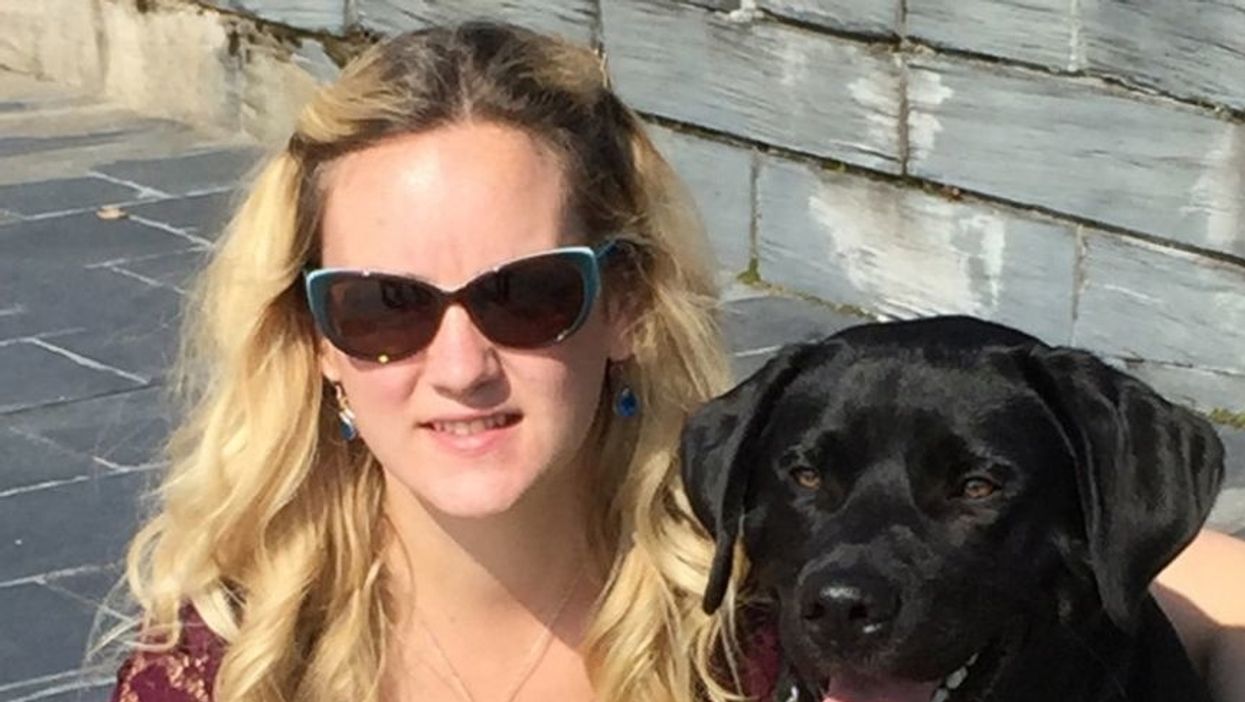


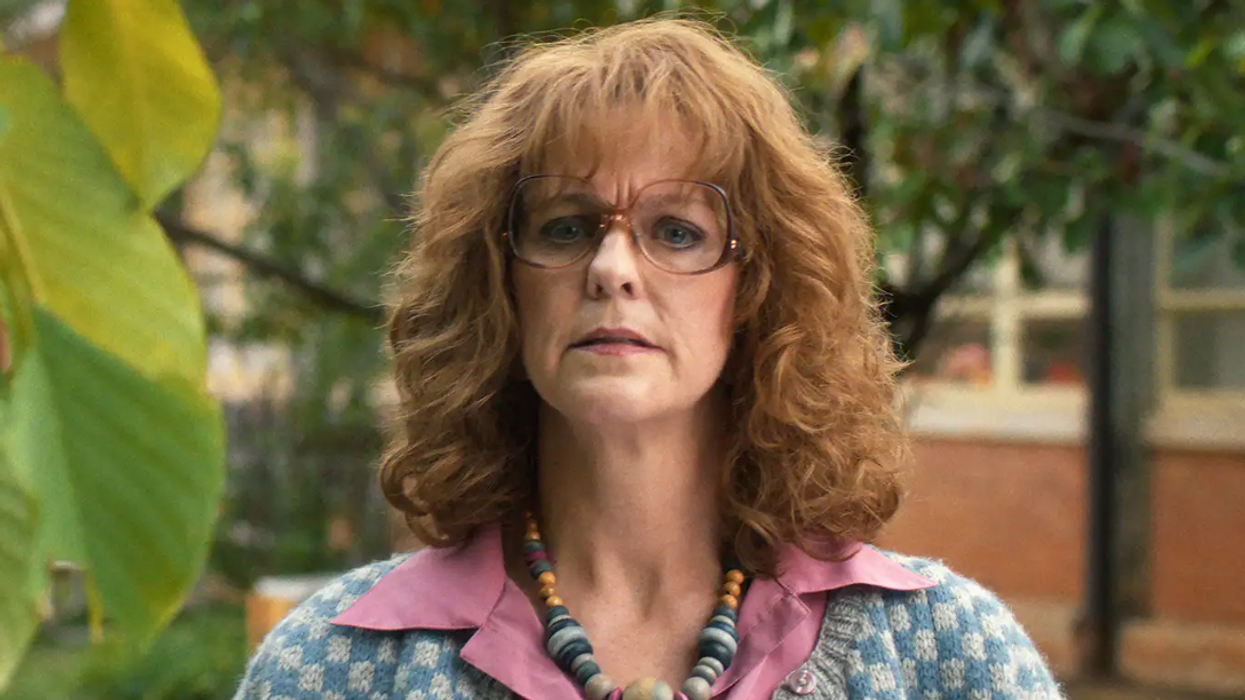

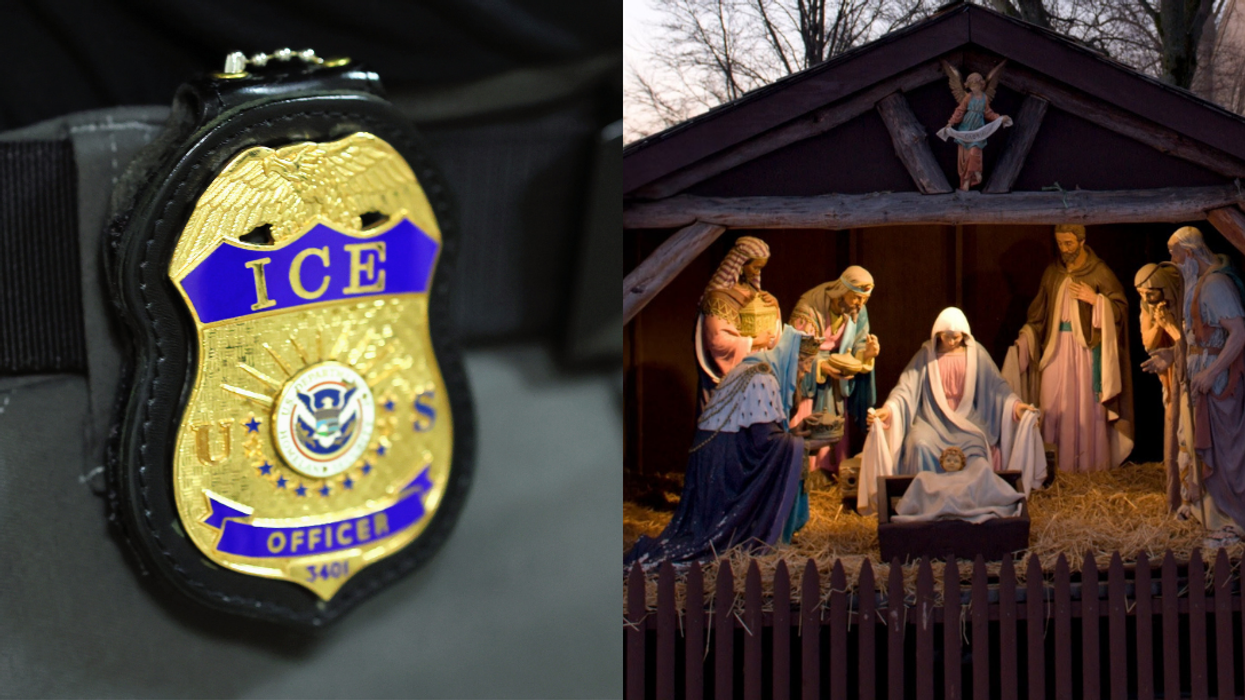

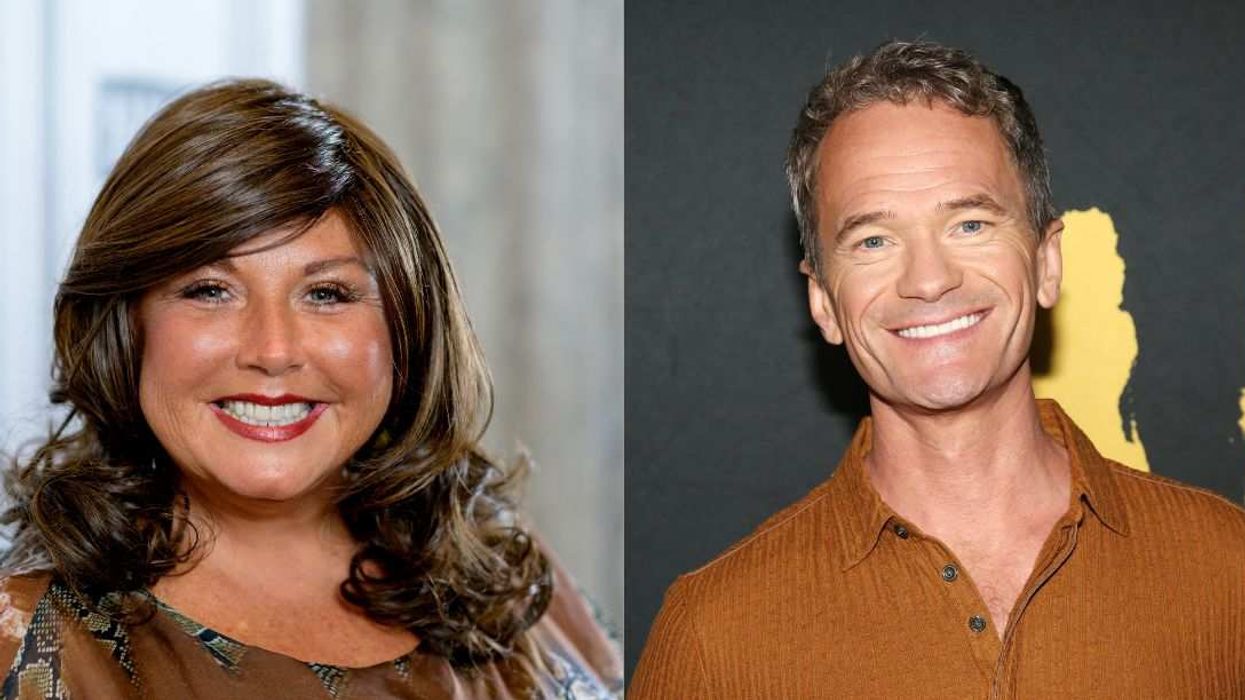





 J. Crew
J. Crew
 @bravowwhl/TikTok
@bravowwhl/TikTok @bravowwhl/TikTok
@bravowwhl/TikTok @bravowwhl/TikTok
@bravowwhl/TikTok @bravowwhl/TikTok
@bravowwhl/TikTok @bravowwhl/TikTok
@bravowwhl/TikTok @bravowwhl/TikTok
@bravowwhl/TikTok

 wildlife mt GIF
wildlife mt GIF  Disney Perfect Loops GIF
Disney Perfect Loops GIF 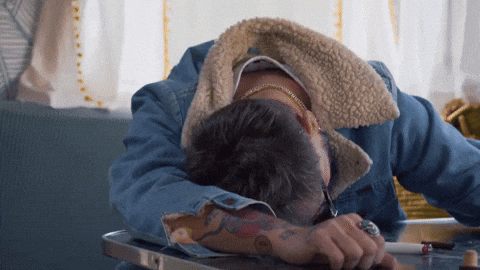 Tired Music Video GIF by Elvie Shane
Tired Music Video GIF by Elvie Shane 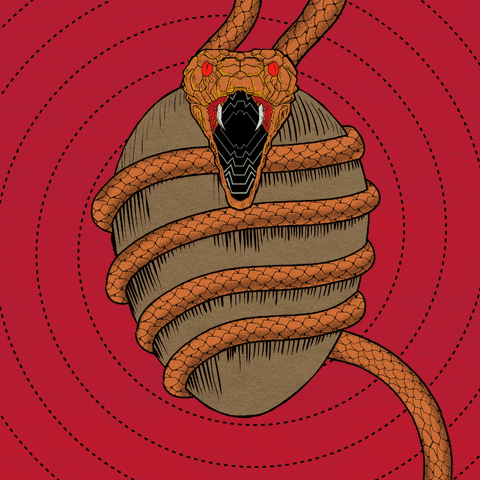 Art Magic GIF by rubedox
Art Magic GIF by rubedox